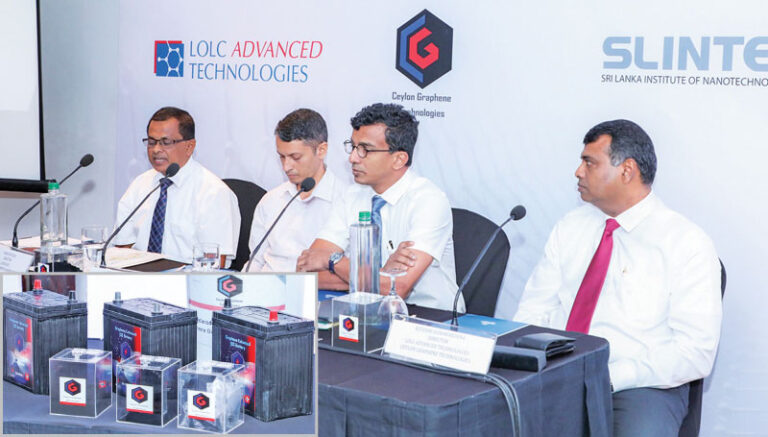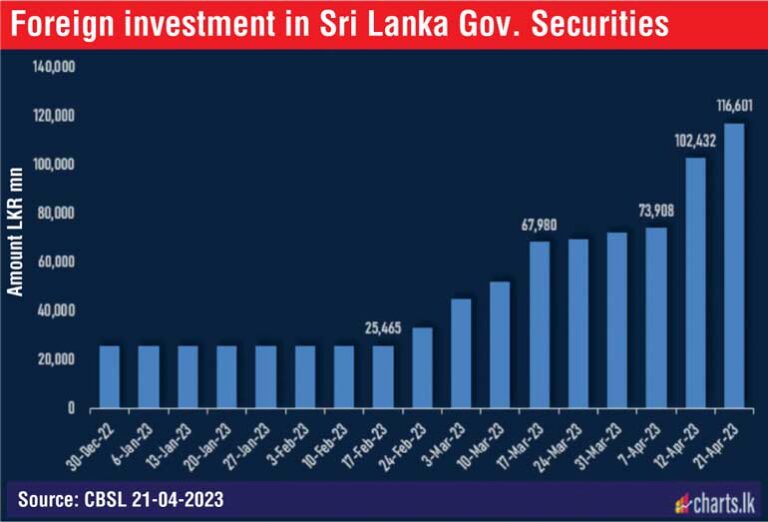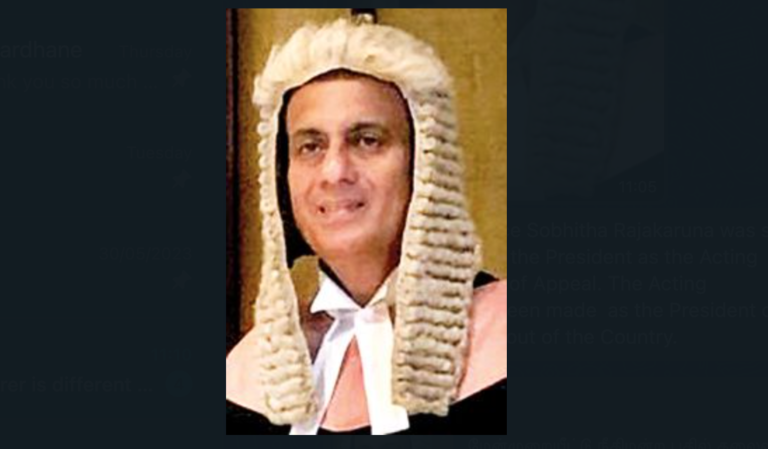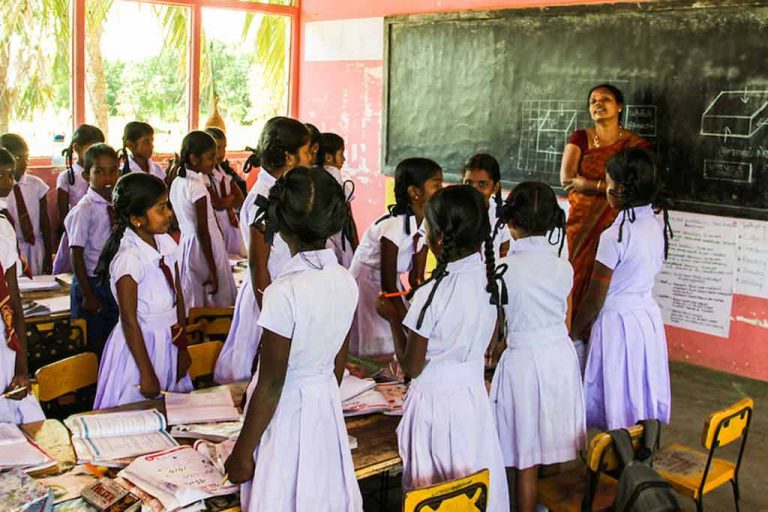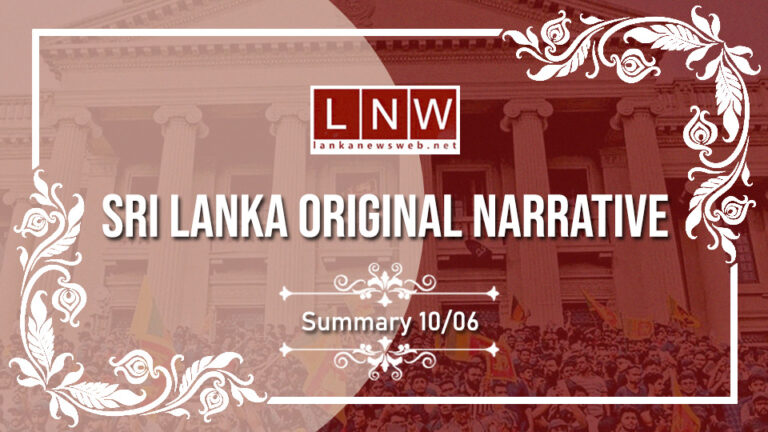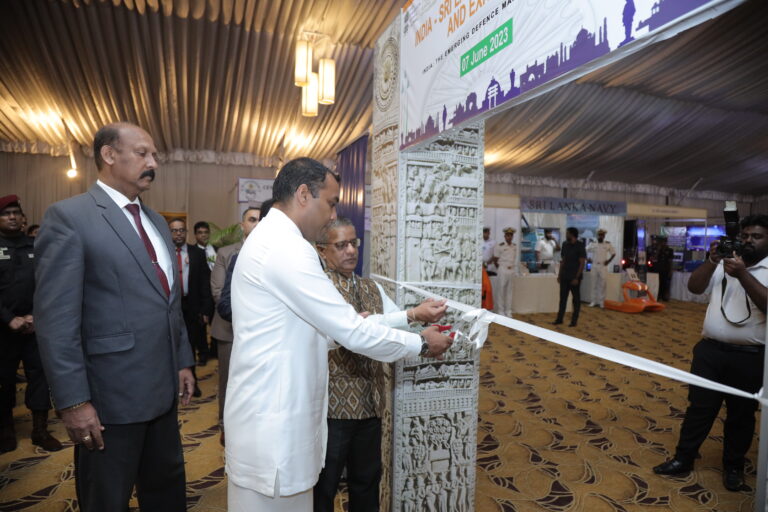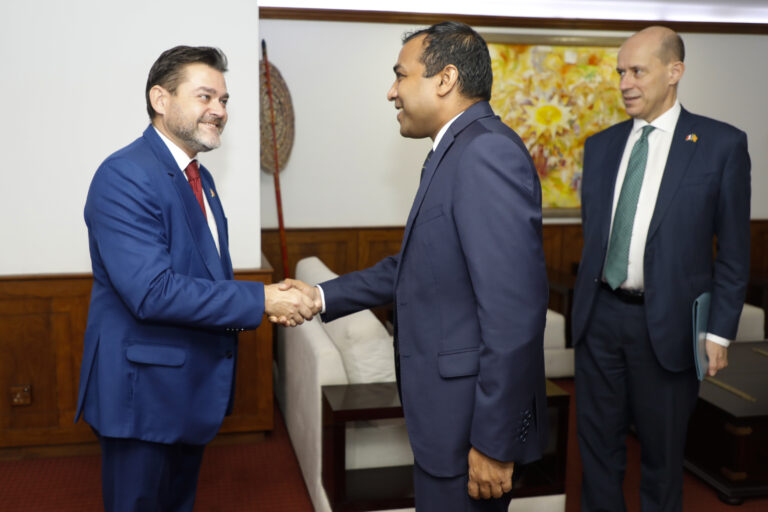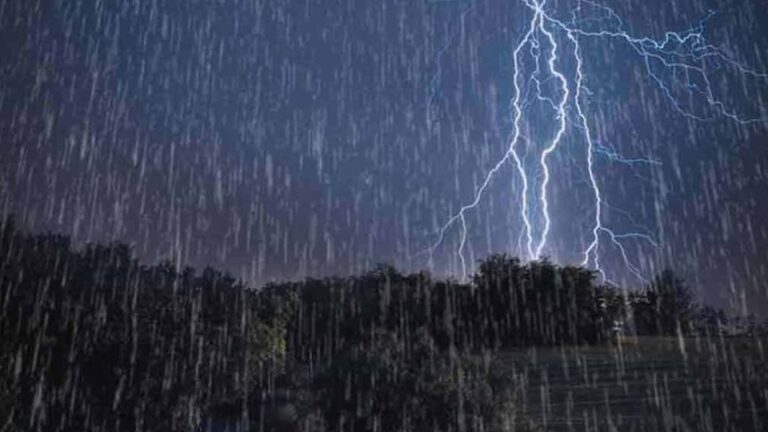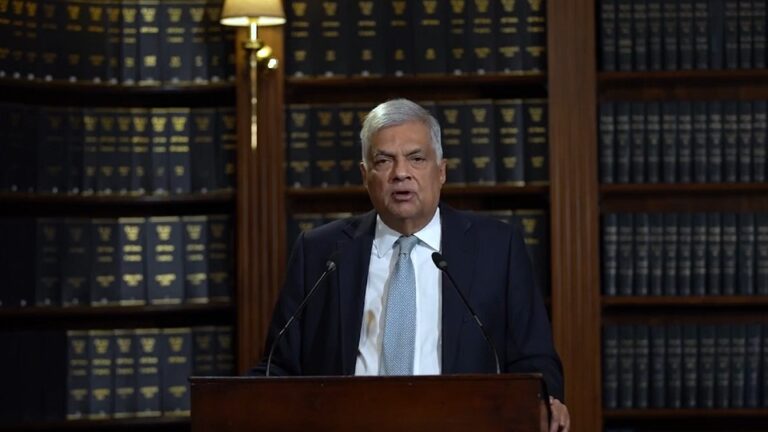By: Staff Writer
Colombo (LNW):Ceylon Graphene Technologies (CGT), a Sri Lanka based start-up company, is driving export revenue for Sri Lanka by expanding and commercializing its graphene production as this wonder material enhanced industrial led acid batteries are about to hit the market, two high officials of the firm disclosed .
CGT is a joint venture between the Sri Lanka Institute of Nanotechnology (SLINTEC), a research agency backed by the government, and private partners in which LOLC group owns 85 per cent of CGT and SLINTEC 15 per cent.
LOLC Advance Technologies Ltd and HydroGraph Clean Power Incorporation, a commercial manufacturer of high-quality graphene, has recently entered into a Letter of Intent (LOI) to commercialize a jointly developed graphene blend that has shown significant improvements in battery performance.
CGT has developed a technology to convert vein graphite into graphene and it has expanded commercial production to cater to the needs of Exide, an Indian battery maker, which would be among the first customers of the company who will make an end-user product, a top official of the company disclosed.
Chief Executive of CGT, Manju Gunawardana, said that a graphene applied lead-acid industrial battery has already been developed, which outperforms conventional batteries. It will be commercially rolled out in the near future, he added.
The fully functional plant located in Homagama has the capacity to produce 30 metric tonnes of graphene each year, he disclosed adding that they are actively collaborating with various partners and institutions to fulfill their vision of graphene-enhanced products and technologies.
As a result, the company firmly believes that the world is on the verge of embracing this remarkable material in everyday applications, leading to a surge in demand that can be met by manufacturers like CGT, who possess the necessary scale and capability to meet the market’s needs, he opined.
Estimates from the Graphene Council indicate that this value will be further increased to US$125 million, with a projected growth to $300 million by 2027.
It is important to note that once commercial breakthroughs take place in various industries, it could have a drastic impact on the market, potentially leading to a significant increase in its overall value, Danesh Abeyrathne CEO LOLC Advanced Technologies divulged.
He said with such stellar game-changing results, Hydro Graph and CGT agreed to commercialize this product and pursue the lead acid battery market, projected to be worth more than $47 billion by 2030, driven in part by electric vehicle dependency on the product.
The partnership will leverage their expertise in graphene production to accelerate commercialization and drive adoption of the technology.


